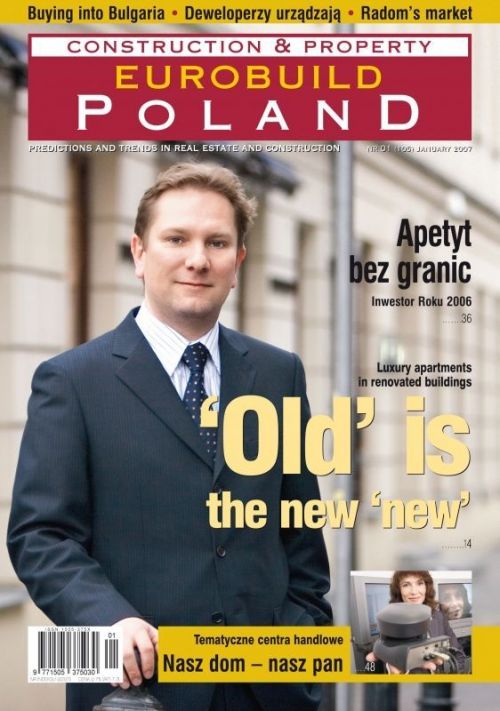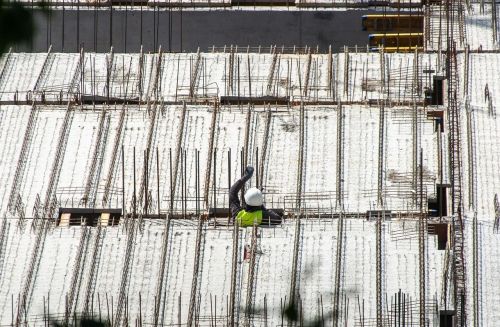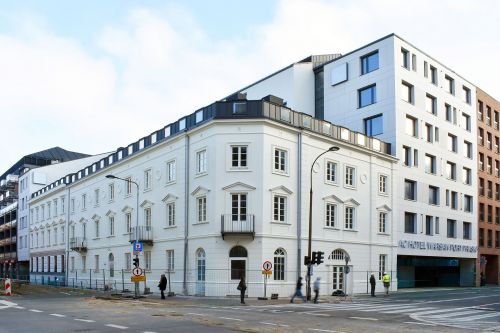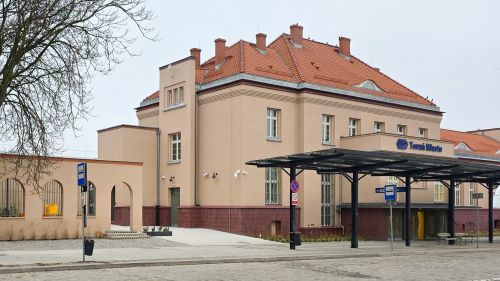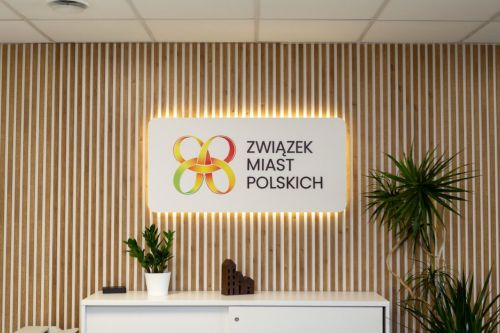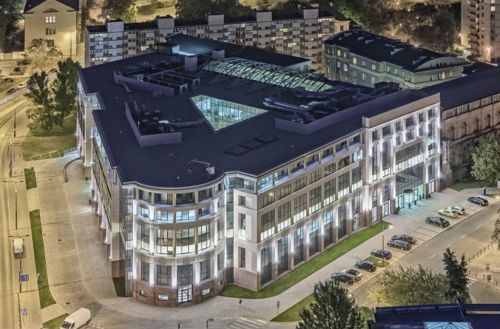Last September, ‘Eurobuild Poland’ published an analysis of the Bulgarian real estate market. Today, after Bulgaria’s accession to the European Union, we present a set of principles, prepared by an international team of experts, explaining how to invest in this countryMore and more foreign investors are buying real estate in Bulgaria. The strong economy and low prices in comparison with European Union states favour new investments. In comparison with 1996, when inflation was at 300 pct, many banks went bankrupt, loans were banned, real estate was losing its value and foreign investors were leaving the country in droves – the economic situation in Bulgaria nowadays is completely different. The economic growth rate is above 4 pct annually, the interest rate is falling, banks are expanding their loan policy, the unemployment rate is decreasing and salaries are rising. Direct foreign investments represent 10 pct of GDP. Bulgaria is attracting foreign investors with





























